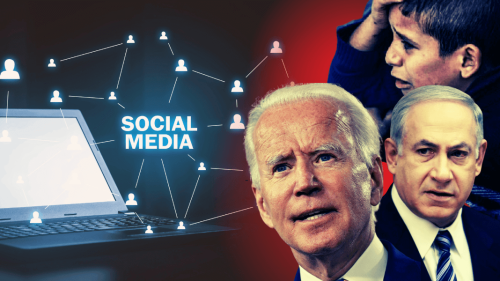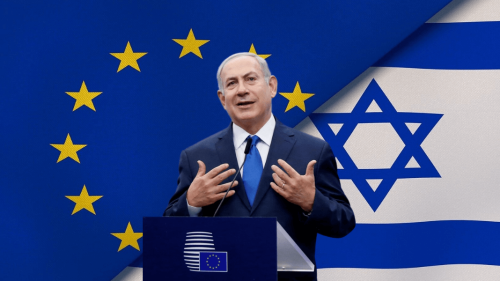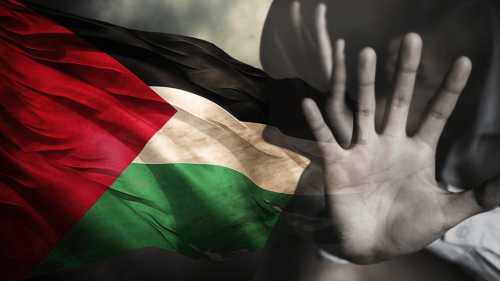The Ocalan Verdict: Tumult for Turkey
Tuesday's sentencing of Kurdish resistance leader, Abdullah Ocalan, in a Turkish court could have far reaching implications for Turkey's future. The court's decision to execute Ocalan stands to possibly undermine primary issues on Turkey's international and domestic agendas, namely entry into the European Union (EU) and ending the Kurdish rebellion in the southeast of the country.
Ocalan has been Turkey's "public enemy number one" since his founding of the Kurdistan Workers Party (PKK) in 1978. The PKK subsequently took to armed resistance in 1984. Since then, the struggle for Kurdish autonomy has claimed 30,000 lives, a bloodbath for which Ocalan has been given full blame by the Turkish government.
But many insist that Ocalan is not the terrorist Turkey claims; but a legitimate freedom fighter representing the 12 million Kurds in Turkey who make up some 20 percent of the country's population. International law/humanitarian law expert, Dr. Karen Parker of the University of San Francisco, wrote in a recent declaration on the Ocalan trial, that the Kurdish conflict with Turkey constitutes war. Parker insists that Ocalan, who has signed the Geneva Conventions and the Additional Protocol I of 1977, "is a prisoner of war (POW) held by the government of Turkey and is entitled to all the rights and privileges of that status."
After Ocalan left Syria -- his main base of operations -- in November of 1998, and before his capture by Turkey in February, Turkey clashed with several European nations, namely Germany, Italy and Greece, over Turkey's desired extradition and trial of the wandering fugitive. Although Ocalan was unable to achieve political asylum anywhere, many countries were concerned over Ocalan's prospect for a fair trial in Turkey. During the trial itself, there were various allegations by the Ocalan defense of torture and bias; and defense lawyers have already declared their intention to appeal the ruling to the European Court of Human Rights, according to the BBC. Another source of controversy in Europe stems from Turkey's choice of the death penalty for Ocalan, a punishment that EU states have abolished.
Possibly more critical for Turkey however, is its already tenuous relationship with the PKK. Following Ocalan's arrest, violent Kurdish protests erupted in Kurdish communities around the world. And on March 15, the PKK declared its intention to attack tourists in Turkey in response to an Ocalan trial.
Turkey relies heavily on the tourist industry and in 1997 earned approximately $7 billion from foreign travelers. Reuters reported Tuesday that a PKK official in London said Tuesday's verdict "means [PKK] attacks on economic targets." The official also noted that, "The war will spread inside Turkey."
Ocalan himself warned that his execution could provoke "thousands of people" to "start the terror machine for me," as quoted Tuesday by CNN. A statement from the Swiss government said Tuesday that the execution would incite "a new spiral of violence in Turkey [and] the rest of Europe," as reported by Reuters. While Turkey no doubt sees Ocalan's trial and conviction as a victory against the PKK, Turkey risks further alienation of the Kurdish resistance, a movement that seems otherwise favorably disposed towards peace, as evidenced by the fact that the PKK backed Ocalan's June 2 call for peace, and has in the past declared its willingness to give up the armed struggle in exchange for political talks on Kurdish autonomy. But Turkey has thus far rejected all PKK overtures.
The trial and sentencing has also strained Turkey's international relations, specifically with the EU. Turkey is currently a member of the Council of Europe but has so far been denied EU membership, despite the fact that its application has been pending for 30 years. A March 1998 BBC report stated that the reasons for this rejection were a "lack of economic development and human rights abuses." The Ocalan trial, by focusing attention on both Turkey's human rights record and its instability, has only served to further distance Turkey from its European neighbors.
Tuesday's media coverage of the final verdict was replete with images of Turkish people rejoicing over Ocalan's death sentence. According to AFP, Turkish President Suleyman Demirel commended the proceedings saying, "The court has done its duty," while Turkish Prime Minister Bulent Ecevit said that he hoped the court ruling would "prove beneficial to our nation."
But Turkey may have only aggravated its already shaky international and domestic situations. An Ocalan martyrdom could very well do that. For observers around the world, the trial has perhaps revealed the mishaps of Turkey's adventure in creating a homogeneous, secular, nationalist state. As South Africa's Foreign Affairs Commission Chairman Ebrahim Ismail Ebrahim remarked in a June 19 speech in Hamburg, Germany, reported by the Kurdish Information Network: "Turkey cannot become part of a civilized international Community when it continues to suppress its own people."
Zakariya Wright is a staff writer at iviews.com
Topics: Abdullah Ocalan, Europe, European Union, Government And Politics, Kurdistan Workers‘ Party, Turkiye
Views: 1426
Related Suggestions

















